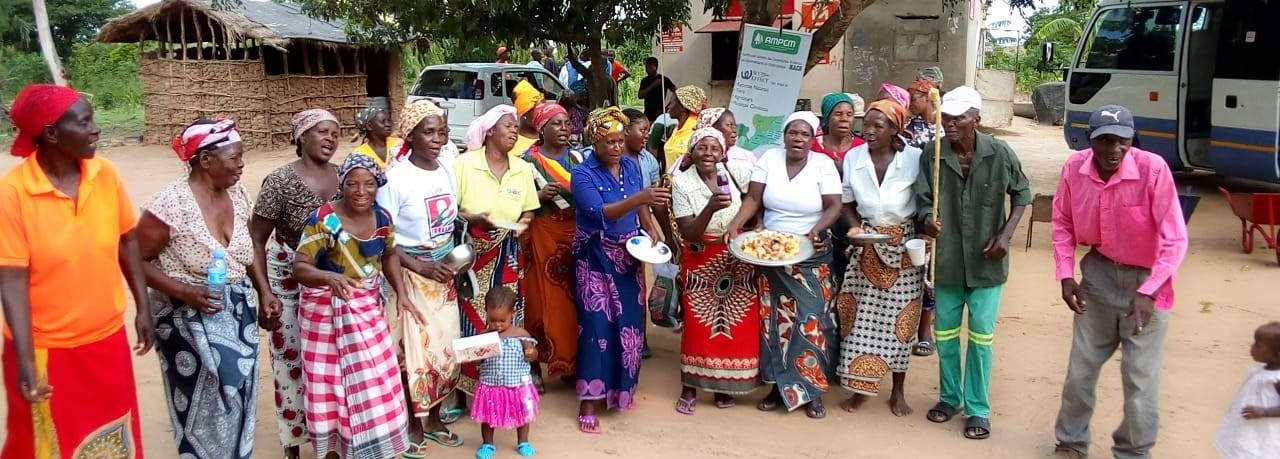(3 Minutes read)
Mozambique is one of the countries in the world that adopted cooperatives as a way of guaranteeing economic and social development, through improving the living conditions of members, and then of the community in which they are located
The cooperative movement is gaining ground again in Mozambique. However, its development is hindered by the absence of regulation of the law on cooperatives and the absence of a special tax regime.
The Faina Agricultural Products Traders Cooperative, on the outskirts of the city of Nampula, has only been in legal existence for one year but is already excelling in the agribusiness sector.
In total, the cooperative has 65 members. Members purchase products collectively, resell them in the south of the country and, in the end, share the profits, thus guaranteeing the essence of the cooperative, which is to benefit the social and economic development of members.
Mozambique is one of the countries in the world that adopted cooperatives as a way of guaranteeing economic and social development, through improving the living conditions of members, and then of the community in which they are located. The story comes from colonial times and started coming to prominence in the first Mozambican republic that emerged in 1975. But cooperatives face a series of challenges, despite the modern law approved in 2009.
Read Also:
Mozambique has more than 10,000 cooperatives, bringing together around 1.5 million members. Seventy-five percent of cooperatives are in the agribusiness sector.





